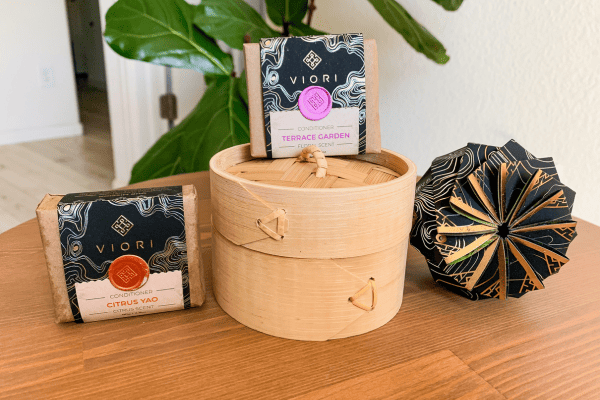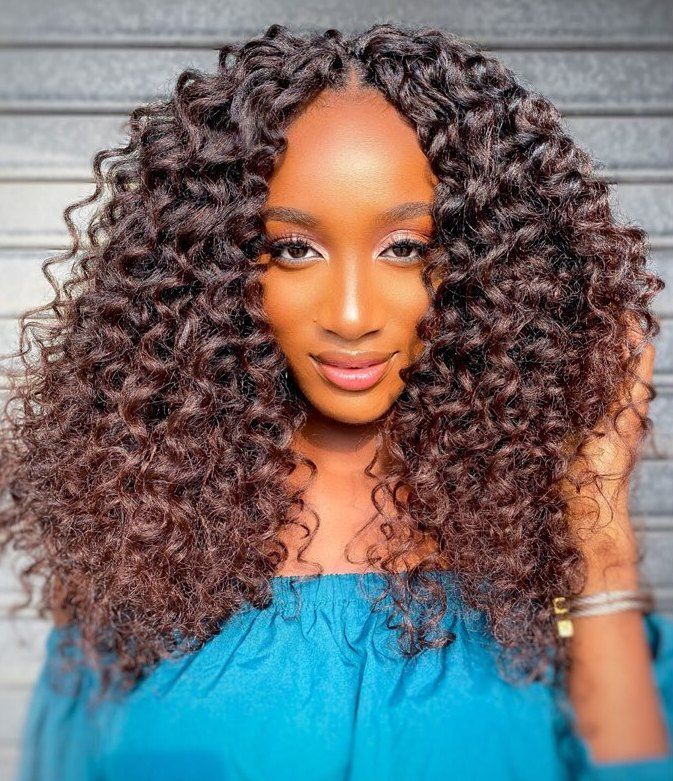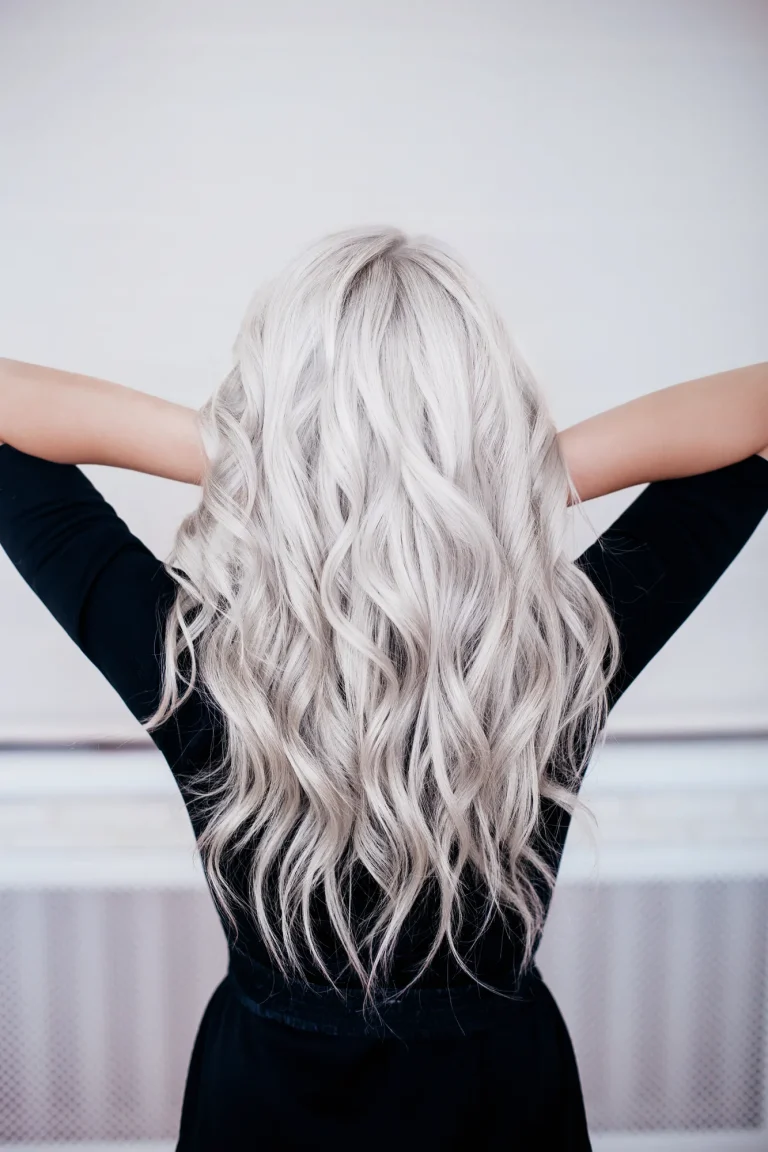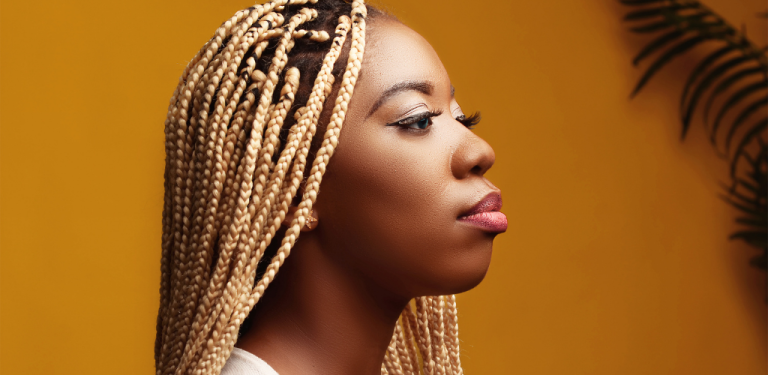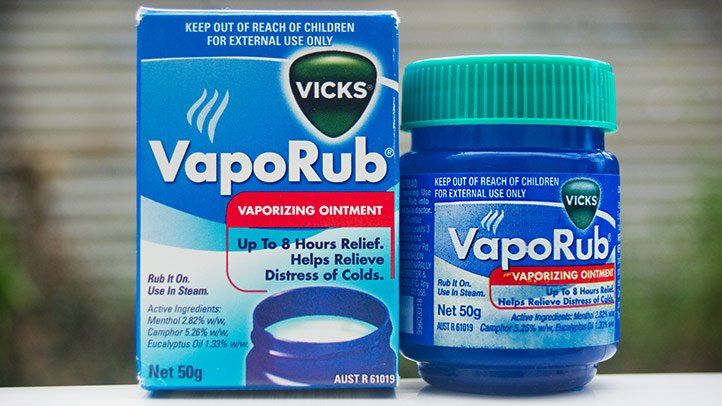Why is my hair greasy after I wash it?
Having greasy hair that looks dirty and limp almost immediately after shampooing it is an incredibly frustrating hair dilemma many of us face. No matter how thorough we shampoo, it seems that pesky grease comes back almost right away.
I have battled greasy roots myself and spent years wondering why my hair looks so oily so soon after washing. I have tried countless shampoos, techniques, and tricks attempting to fix this issue to no avail. Finally, after extensive research and trial-and-error, I have discovered the main culprits behind post-wash greasiness and how to effectively treat it.
Common Causes of Greasy Hair After Washing
Contents
- Common Causes of Greasy Hair After Washing
- How to Treat Greasy Hair After Washing
- How Often Should You Wash Greasy Hair?
- Greasy Hair Mistakes to Avoid
- How Can I Make My Hair Less Greasy?
- Lifestyle Changes for Decreasing Excess Oil
- How to Disguise Greasy Hair Between Washes?
- Am I Causing My Hair to be Greasy After Washing?
- FAQs
- Why does my hair get so oily after one day?
- Why is my hair so oily even right after I wash it?
- How can I stop my hair from getting greasy after one day?
- What is the best way to wash greasy hair?
- Should you wash greasy hair every day?
- Does greasy hair need to be washed daily?
- Can dandruff cause greasy hair?
There are a few key reasons why you may be struggling with greasy locks right after you wash your hair:
Overactive Sebaceous Glands
The sebaceous glands in your scalp produce an oily substance called sebum. This helps keep your hair moisturized. However, for some people, these glands work overtime, resulting in greasy hair soon after cleansing. This overproduction of sebum is also the cause of oily skin and acne breakouts.
Not Properly Rinsing Out Shampoo
Shampoo residue left clinging to your hair can leave it looking limp and greasy. Always thoroughly rinse out all shampoo under cool-temperature water after washing. Repeat the rinse if needed until the water runs completely clear.
Using the Wrong Products
Harsh shampoos and conditioners containing sulfates and silicones can actually stimulate increased sebum production, resulting in greasier hair after washing.
Washing Too Frequently
This tricks your scalp into going into overdrive producing oils between washes. Limit washing to only 2-3 times per week max.
Hot Water
Washing hair with piping hot water will strip the natural beneficial oils, signaling your scalp to boost sebum production. Stick to lukewarm water instead.
Improper Shampooing
Rubbing shampoo vigorously into the hair roots can over-stimulate oil production. Instead, gently massage shampoo into your scalp and let it sit briefly before rinsing thoroughly.
Diet and Health Issues
Medical conditions, hormonal changes, genetics, and even your diet can all affect sebum production. Consuming foods high in fat, like fast food, may be a contributor.

How to Treat Greasy Hair After Washing
Combating post-wash grease and achieving lasting results comes down to using the right combination of targeted solutions:
1. Switch to Clarifying Shampoo
The best first line of defense is switching to a clarifying shampoo containing ingredients like charcoal, tea tree oil, apple cider vinegar, aloe vera, witch hazel, clay, salicylic acid, and citric acid.
These powerhouse formulas are designed to deep clean the scalp, remove product buildup, soak up excess grease, and regulate oil production. They detoxify while leaving hair fresh and residue-free.
Use a clarifying shampoo once a week to combat grease between regular washes. Those with extremely oily hair and scalps may need to use one every wash.
You will see the best results from clarifying shampoos when you…
- Apply to wet hair and massage thoroughly into the scalp
- Let sit on hair for 3-5 minutes before rinsing
- Always condition hair immediately after to avoid dryness
2. Condition the hair properly.
It may seem counterintuitive to put conditioner on greasy hair, but nourishing the hair properly is a key step. Using a hydrating conditioner replaces missing natural oils, so hair is conditioned while sebum production normalizes.
Focus the conditioner mainly on your mid-lengths and ends, avoiding direct contact with the greasy roots for now. Thoroughly rinse with cool water before styling as usual. Deep conditioning treatments once a week provide added moisture benefits.
3. Explore Dry Shampoo Sprays
For providing instant oil absorption and texture between washes, dry shampoo saves the day. Spray it directly onto oily roots to soak up grease and add volume. Focus on the crown area and upper back section, where sebum often concentrates.
4. Adjust How Often You Shampoo
Shampooing every day tends to kick sebum production into overdrive, yet stretching washes out too long allows buildup. Find your ideal shampooing frequency for your hair type. Balance is key.
Those with extremely oily scalps may need to shampoo daily using gentle sulfate-free formulas, while shampooing twice a week could work well for milder grease issues. Pay attention to what your hair responds best to.
5. Reconsider Hot Water Washing
The hot water from your shower feels heavenly, but it unfortunately signals your scalp to pump out grease. By switching your hair washes to lukewarm water instead, you will reap rewards. Cooler water is gentler on strands too.
6. Analyze Your Diet
Oily and processed foods can stimulate increased sebum production, so take a look at what you have been eating lately. Incorporating more fresh fruits, veggies, nuts, seeds, fatty fish, eggs, meat, herbs, and greens will help regulate oil glands.
Staying hydrated by drinking plenty of water keeps the scalp functioning properly as well. Consider adding anti-inflammatory and hormone-balancing supplements, too.
7. See a Dermatologist If Needed
For moderate-to-severe cases of greasy hair and scalp, make an appointment with your dermatologist. They can assess what is causing overactive sebum production and how to curb it through medicated prescription shampoos, light therapy, antibiotics, spironolactone pills, or birth control.
Certain medical conditions could be the root cause too, so it is important to rule those out. Getting to the bottom of any imbalances is key.
How Often Should You Wash Greasy Hair?
Even after troubleshooting post-wash grease, many still wonder about the ideal shampooing frequency for oily locks. Here are some washing guidelines depending on your degree of oiliness:
- Mild Grease: Every 2-3 days
- Moderate Grease: Every 1-2 days
- Severe Grease/Oily Scalp: Daily washing, using gentle shampoo
Pay attention to how your hair looks and feels between washes. Shampoo again whenever roots appear visibly slick and feel grimy to the touch. Over-shampooing aggravates grease, while under-shampooing allows buildup. Find the right balance for your hair.
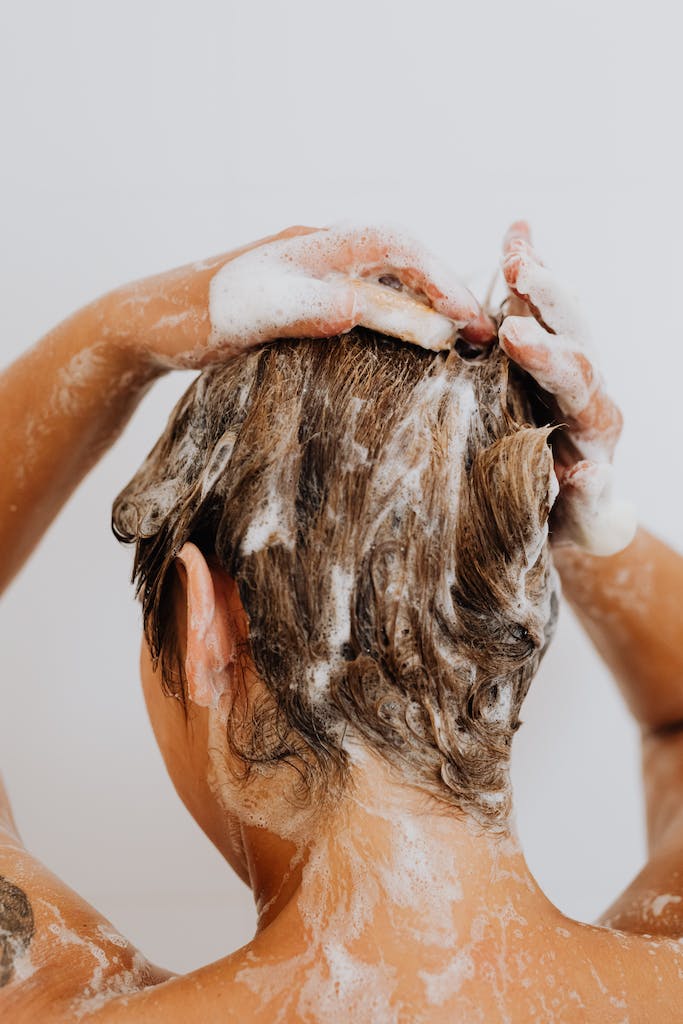
Greasy Hair Mistakes to Avoid
When attempting to solve recurring greasy hair after washing, be sure you are not making these common mistakes:
- Massaging shampoo directly onto dry hair before wetting
- Using scalding hot water to wash hair
- Rubbing and scrubbing shampoo vigorously into the scalp
- Rinsing out shampoo incompletely
- Not shampooing often enough due to fear of over-washing
- Skipping hydrating conditioner
- Over-shampooing hair daily with harsh formulas
- Applying conditioner to the scalp and roots instead of just the lengths
How Can I Make My Hair Less Greasy?
On top of finding the right shampoo and conditioner combo for greasy hair, incorporate these extra techniques:
- Use a cold water Rinse: Finish washing your hair with a quick cold water blast. This helps flatten and smooth the cuticle down for shine rather than lift it up.
- Let Hair Air Dry: Allow hair to air dry instead of heat styling to avoid damage leading to excess grease. T-shirts dry first to wick moisture.
- Apply Dry Shampoo Before Bed: Spritzing dry shampoo through strands before bed will give it time to completely soak up oil and revive hair by morning.
- Change Pillowcases Frequently, dead skin and hair products rub off onto fabric, quickly creating grease traps. Swap twice a week.
- Use silk pillowcases: silk does not absorb moisture like cotton, allowing hair to smoothly glide across the surface instead of soaking up oils. The smoother texture helps minimize friction, breakage, and bedhead. Choose charmeuse or mulberry silk with a minimum 19 mommy weight.
- Do not Touch Hair Too Often: Running your hands through hair adds transfers and oils. Let it be between washes.
Lifestyle Changes for Decreasing Excess Oil
Making certain healthy lifestyle adjustments can also greatly help normalize sebum production:
- Exercise More: Working out helps regulate hormones and oil glands.
- Reduce Stress: Chronic stress triggers excess sebum.
- Get More Sleep: Lack of sleep is linked to imbalanced oil production.
- Take Care of Your Scalp: Massage in coconut or olive oil weekly to loosen dead skin cell buildup.
- Protect Hair From Sun Damage: UV rays irritate the scalp, increasing grease output.
How to Disguise Greasy Hair Between Washes?
When you just washed your hair yesterday but grease is already returning, disguise it with these tricks:
- Spritz dry shampoo at the roots
- Rub in a bit of cornstarch or baby powder
- Use a cleansing hair powder
- Style hair up in a messy bun
- Conceal with hats, bandanas or headbands
- Use oil-absorbing blotting paper just at the roots
Am I Causing My Hair to be Greasy After Washing?
It is possible that how you are caring for your strands could be contributing to the post-shampoo grease problem. Reassess your current hair care regimen—are you…
- Washing with piping hot water?
- Using thick, heavy conditioners?
- Applying conditioner to the roots instead of avoiding that area?
- Using instant conditioners incorrectly?
- Putting on leave-in treatments too close to the scalp?
- Using many silicone and oil-based styling products?
- Over-brushing hair when dry?
- Skipping regular clarifying washes?
FAQs
Why does my hair get so oily after one day?
Overactive sebaceous glands, hormones, shampooing too often with hot water, incorrect shampooing techniques, harsh products, and scraping back hair tightly can all cause hair to rapidly become oily.
Why is my hair so oily even right after I wash it?
Hair that quickly becomes greasy again immediately after shampooing is often due to insufficient rinsing, incorrect water temperature, shampoo residue, underlying health issues, or very overactive sebum production. Clarify more frequently.
How can I stop my hair from getting greasy after one day?
Wash every other day instead of daily, rinse hair thoroughly after shampooing, use lukewarm water, not hot, clarify with apple cider vinegar, avoid harsh shampoos and silicones, apply conditioner properly, limit touching hair, and change pillowcases frequently.
What is the best way to wash greasy hair?
Choose a clarifying, deep cleansing shampoo containing apple cider vinegar, salicylic acid, aloe vera or charcoal. Apply to wet hair, massage gently into scalp without over-scrubbing for a few minutes, let sit 5 minutes, then rinse thoroughly in cool water. Limit washing to 1-2 times a week.
Should you wash greasy hair every day?
How often to wash greasy hair depends on your degree of oiliness. Mild grease can be washed every 2-4 days, moderate grease every 1-2 days using a gentle shampoo. Only those with excessively overactive oil glands or oily scalp dermatitis need to shampoo daily.
Does greasy hair need to be washed daily?
Most greasy, oily hair types do not require daily washing. This can often worsen oil overproduction problems. Instead, extend the time between washes based on your level of grease and use targeted products in between, like clarifying shampoos, dry shampoos, and cleansing powders.
Can dandruff cause greasy hair?
Yes, certain scalp skin conditions like seborrheic dermatitis and fungal infections can cause excess skin cell shedding and inflammation, leading to overproduction of grease from sebaceous glands. Prescription anti-dandruff shampoos containing zinc, pyrithione, or ketoconazole treat the root causes.

Founded by Sophia Rodriguez, IGXO Cosmetics is a PETA-certified, cruelty-free, and vegan makeup brand.

